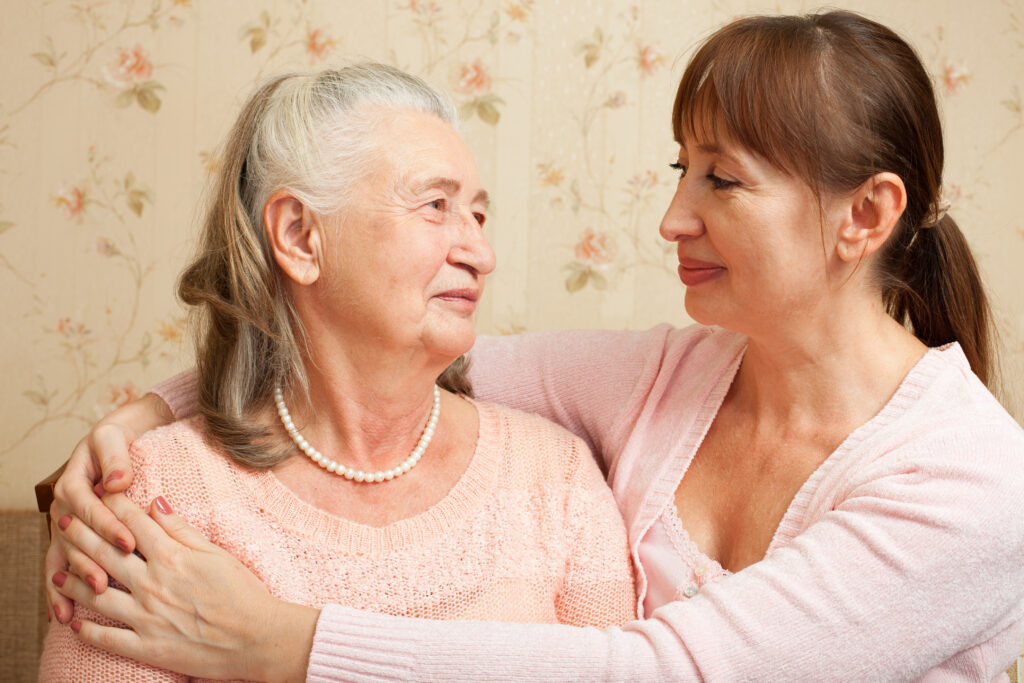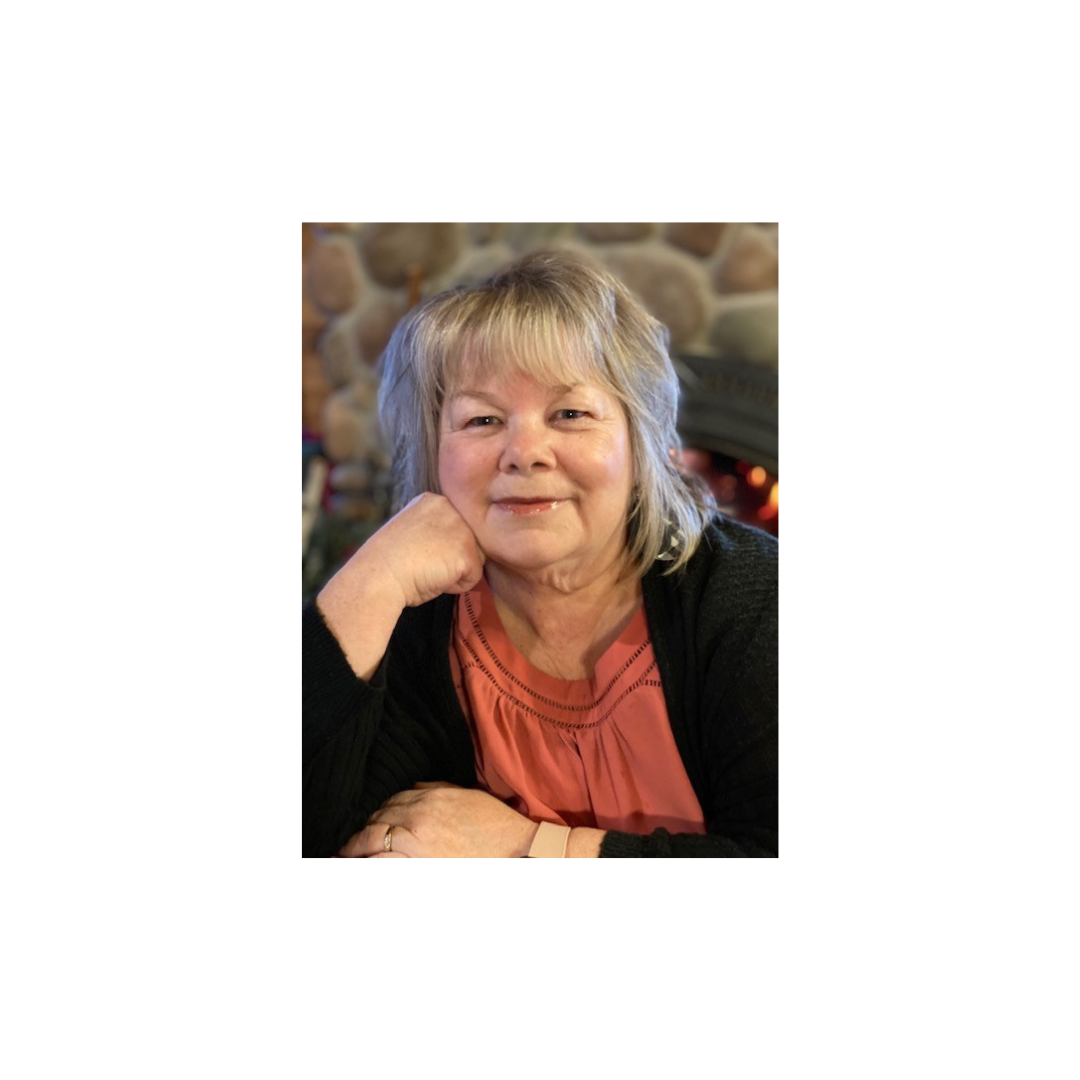Being a caregiver for a loved one with a chronic illness or Alzheimer’s or dementia can be an incredibly rewarding experience, but it can also be demanding, both physically and emotionally. It’s easy to get so caught up in caregiving that you forget to take care of yourself. This can lead to caregiver burnout, which is a state of physical, emotional, and mental exhaustion that affects many caregivers. In this blog post, we’ll discuss some of the signs of caregiver burnout and offer tips on how to recognize and address it.

We are very fortunate to have a mental health counselor, psychotherapist Anna Slaback share her presentation on “Caregiver Burnout” at the Senior Care Summit 2024. We are also excited to have her a part of our Patient Advocate Match Directory of Healthcare Services. To gain access to the Senior Care Summit we will share the link HERE. Registration does close 2/29/24 for Early Bird V.I.P. and Free Access.
Let’s get into some of the symptoms of burnout. Anna will be addressing some ways to prevent and overcome burnout in her presentation. Anna will take this information and drill down much deeper.
- You’re feeling overwhelmed and stressed out:
Caregiving can be a daunting task, which requires a lot of time and energy. If you’re feeling overwhelmed by your caregiving responsibilities, it could be a sign that you’re experiencing burnout. You may feel like you have too much on your plate or that you’re not doing enough for your loved one.
- You’re feeling fatigued:
Caregiving can be exhausting work both physically and mentally. If you find yourself feeling tired all the time, even after getting enough sleep or taking breaks during the day, it may be a sign of burnout.
- You’re experiencing physical symptoms:
Stress and anxiety related to caregiving can manifest in physical symptoms such as headaches, back pain or muscle tension. These symptoms should not be ignored as they are often signs that something is wrong.

- You’ve lost interest in activities you used to enjoy:
If you’ve stopped participating in activities that once brought joy into your life such as hobbies or social events with friends because of caregiving duties – this could indicate burnout.
- You’re becoming irritable or short-tempered:
Caregiving can put an enormous amount of stress on an individual leading them to become more irritable than usual when dealing with daily frustrations.
If you recognize any of the above signs, it’s important to take action to address caregiver burnout. Here are some tips on how to do so:
- Take care of yourself: It’s essential to prioritize self-care when caring for a loved one. Make sure that you’re eating well, getting enough sleep, and taking breaks when needed.
- Reach out for help: Don’t be afraid to ask family or friends for assistance. There are also support groups and organizations that can offer guidance and resources.
- Set boundaries: Caregiving can take up a lot of time and energy. Setting limits on your caregiving responsibilities can help prevent burnout.
- Practice stress-management techniques: Engage in activities such as deep breathing exercises, yoga, or meditation that can alleviate stress levels.

By missty Adobe Stock Photos
Conclusion:
As a caregiver, it’s easy to get caught up in the needs of your loved one with Alzheimer’s or dementia and forget about your own well-being. Recognizing the signs of caregiver burnout is the first step in addressing it. It’s important to remember that taking care of yourself is just as critical as caring for your loved one. By prioritizing self-care, reaching out for assistance from others, setting boundaries, and practicing stress-management techniques – caregivers can alleviate their symptoms of burnout and continue providing compassionate care for those they love.
Thanks for stopping by. We hope to see you at the Senior Care Summit 2024. You will have a enormous amount of resources at your fingertips.
Take care and see you back here soon,
Pam
Patient Advocate Match, “Matching the Right Healthcare Resources for the Right Reasons.”
Resource Section
Patient Advocate Match | A Free Directory of Healthcare Services
https://my.clevelandclinic.org/health/diseases/9225-caregiver-burnout


